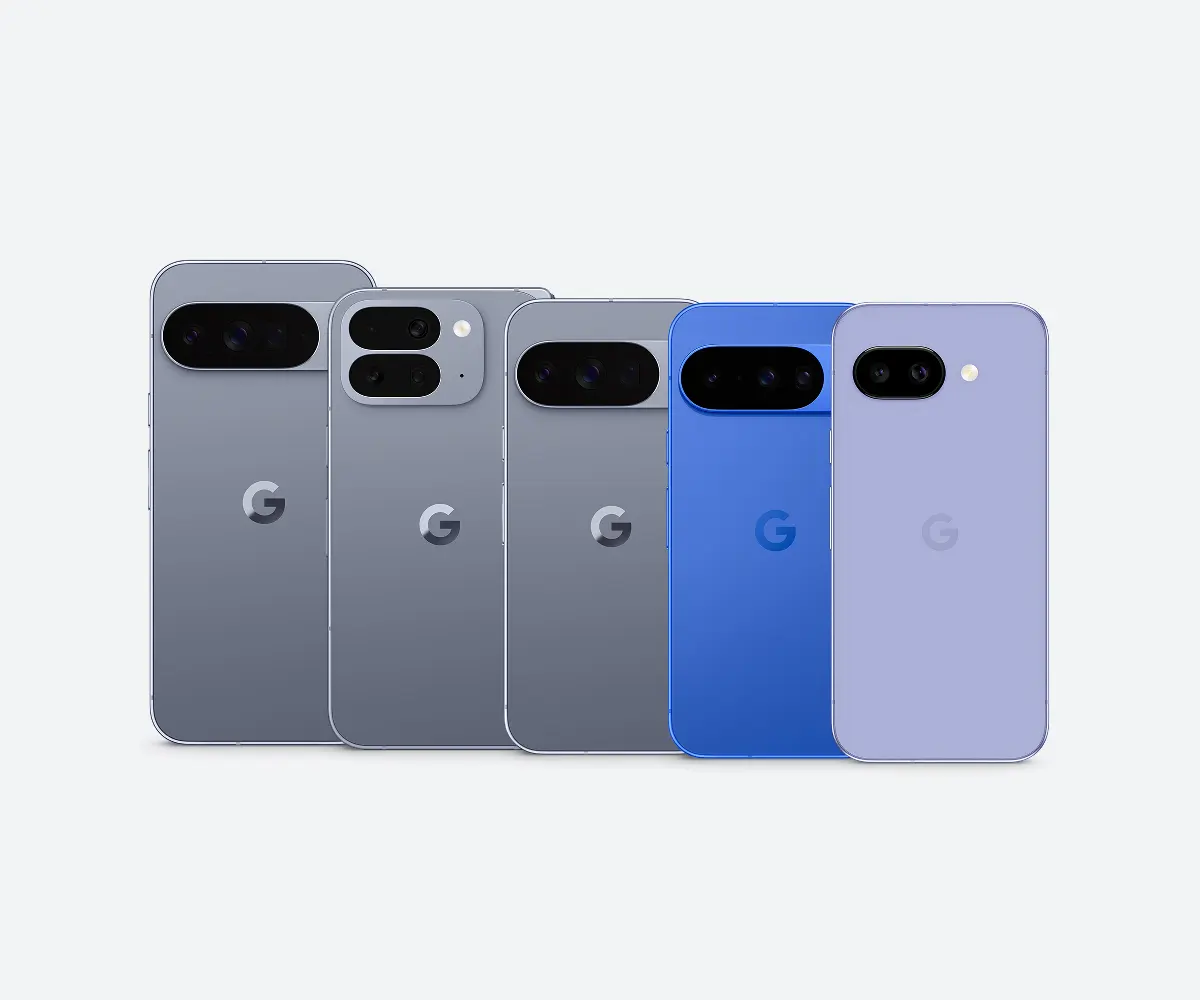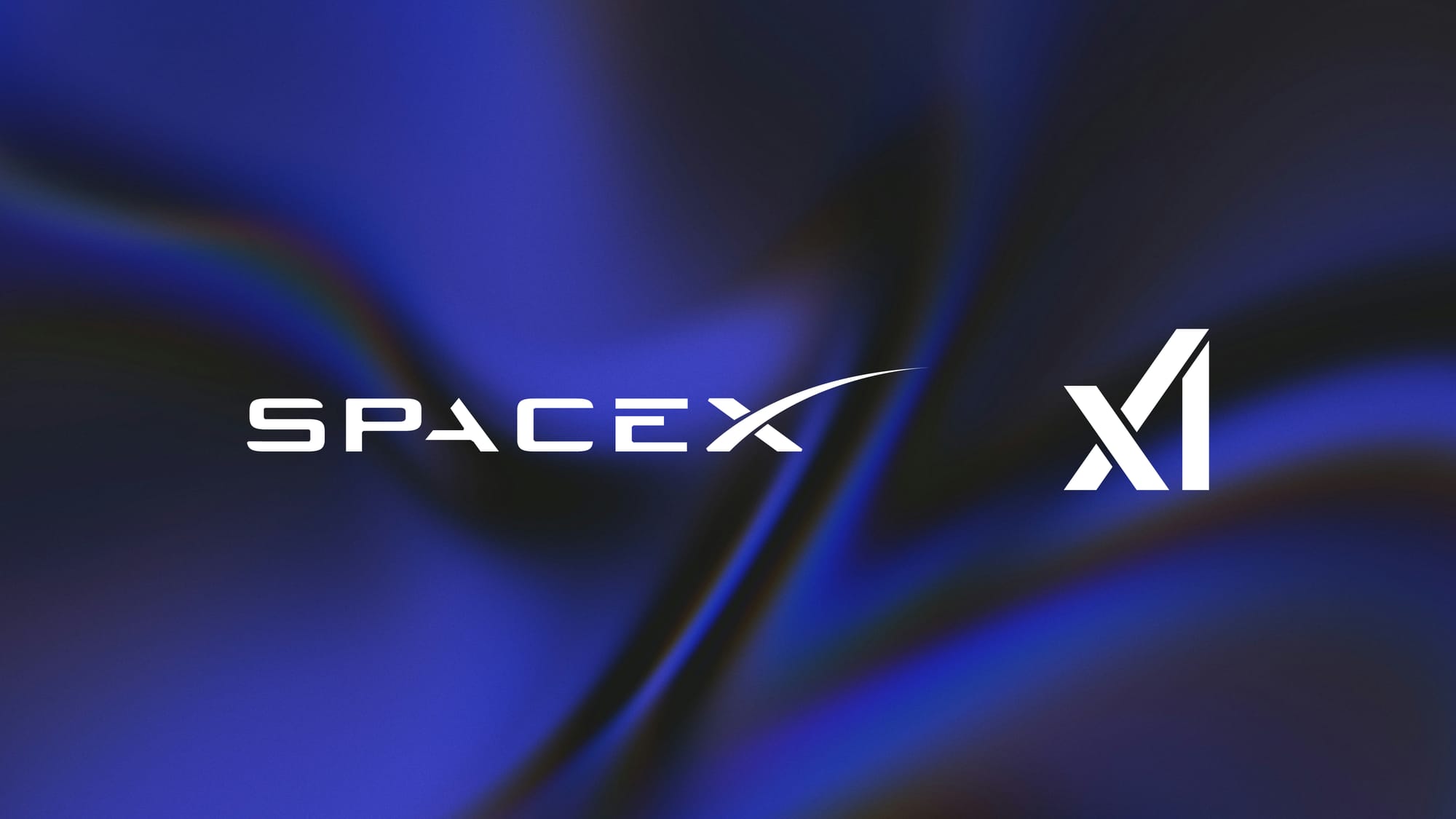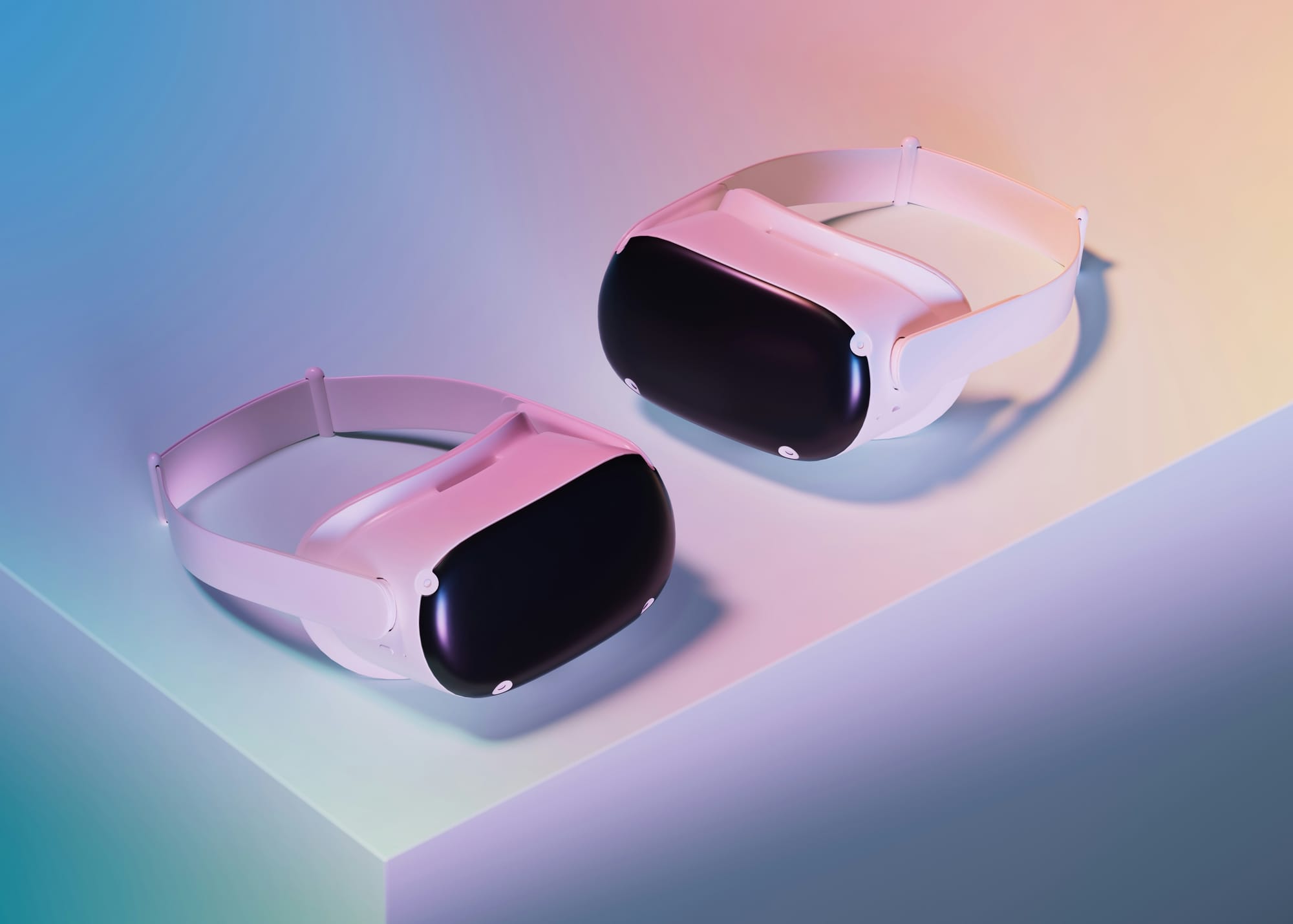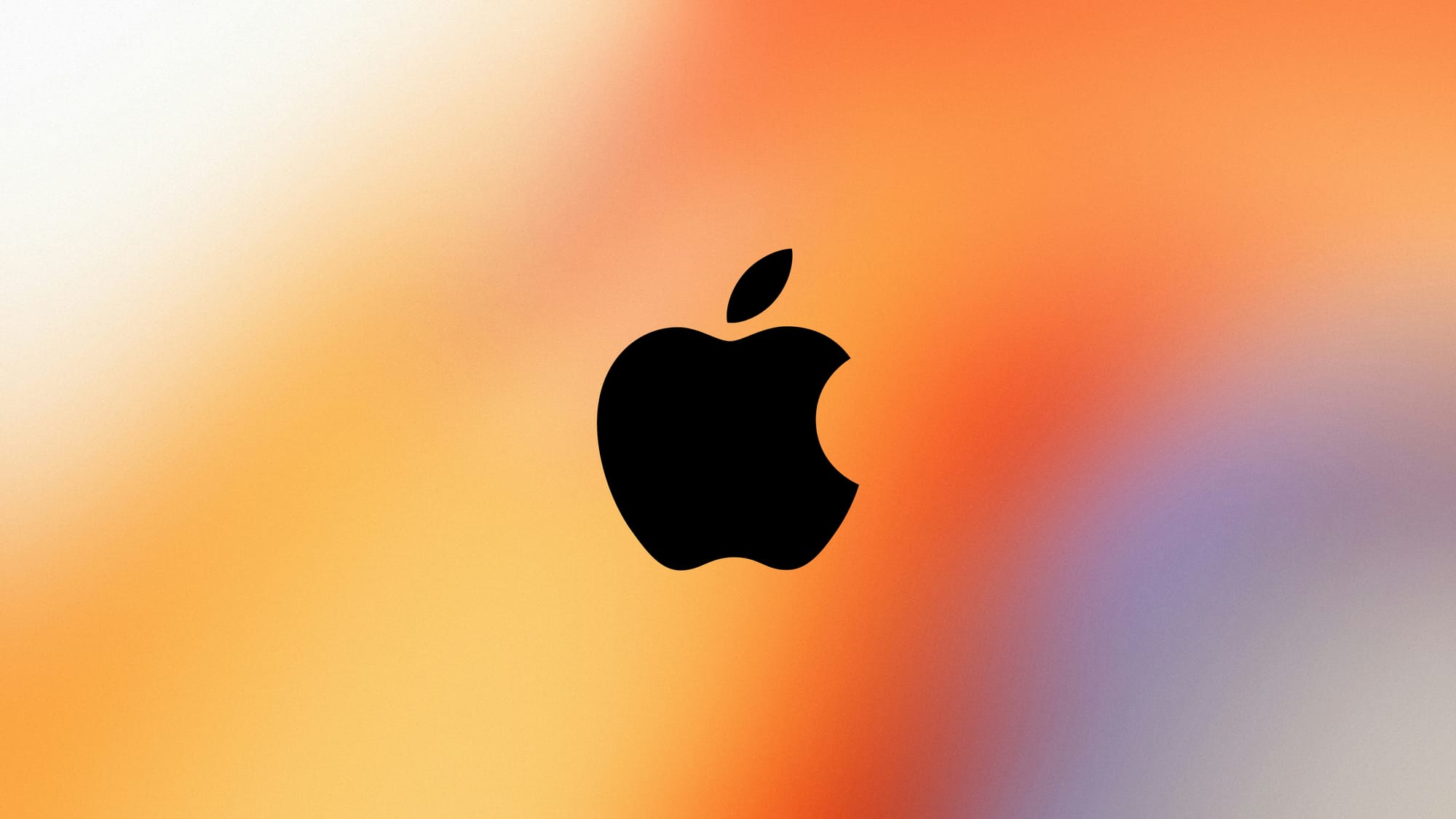Google has officially unveiled its 10th-generation Pixel smartphone lineup today, and the announcement signals a bold strategic shift that could reshape the Android premium market landscape. The Made by Google 2025 event, hosted by late-night television star Jimmy Fallon, introduced the Pixel 10, Pixel 10 Pro, and Pixel 10 Pro XL, with the base model receiving the most significant upgrade in the series' history.

The Base Model Breakthrough
For the first time, Google has equipped its entry-level Pixel 10 with a dedicated telephoto camera, featuring a 10.8MP sensor with 5x optical zoom. This represents a seismic shift in the company's hardware strategy, previously reserving advanced camera capabilities for its premium Pro models. As one industry observer noted during hands-on demonstrations, "This is the first time Google has ever put a dedicated zoom lens on a base Pixel, which is a huge value add".
The standard Pixel 10 starts at $799 for the 128GB model and launches with impressive specifications that challenge established competitors. The device features a 6.3-inch OLED display with enhanced peak brightness of 3,000 nits (up from 2,700 nits), a robust 4,970mAh battery (exceeding even the Pro model's 4,870mAh capacity), and Google's new Tensor G5 processor.

AI-Powered Innovation Takes Center Stage
The Pixel 10 series prominently features Google's Gemini AI assistant, highlighting the growing competition among device makers in artificial intelligence capabilities. The new Tensor G5 chip, designed for "the Gemini era," introduces Magic Cue functionality, which turns Gemini into a proactive assistant that predicts user needs. For instance, when contacting a hotel, Magic Cue automatically supplies relevant reservation details before being asked.
"Google announced its new series of Pixel smartphones, prominently featuring the Gemini assistant, as competition among device manufacturers intensifies in the field of artificial intelligence", reported industry analysts. The AI capabilities extend across all models, enabling features like improved on-device translation, context-aware camera recommendations, and instant image editing.
Strategic Market Positioning
Google's timing seems strategic, launching before Apple's anticipated September iPhone reveal while capitalizing on recent market momentum. The company has successfully regained fourth place in US smartphone shipments during Q2 2025, capturing 3% market share with 800,000 units shipped—a 13% year-over-year increase.
The Pixel 10 Pro starts at $999, while the flagship Pixel 10 Pro XL begins at $1,199 with 256GB of base storage. An updated foldable device, the Pixel 10 Pro Fold, will retail for $1,799. All devices include Google's commitment to seven years of operating system, security, and Pixel Drop updates, matching the industry-leading support introduced with the Pixel 9 series.

Industry Impact and Consumer Value
The base model's telephoto camera addition creates a strong value proposition against competitors like Samsung's Galaxy S25, which has only 3x zoom compared to the Pixel 10's 5x optical zoom. Paired with a larger battery capacity and competitive pricing, the Pixel 10 stands out as a premium Android option without the premium price tag.
However, challenges persist in the broader market context. Canalys warns of "tepid demand in an increasingly pressured economic environment," which could impact smartphone sales across all manufacturers. Despite this concern, the Pixel 9 series delivered Google's strongest quarterly sales performance so far, raising high expectations for the Pixel 10 lineup.

Looking Forward
The Pixel 10 series marks Google's most ambitious smartphone strategy yet, making advanced camera technology and showcasing cutting-edge AI capabilities. With pre-orders starting immediately and devices shipping August 28, the launch will test whether Google can sustain its recent US market gains while extending its traditionally low single-digit market share.
As the smartphone industry increasingly focuses on AI differentiation, Google's vertical integration of hardware, software, and artificial intelligence positions the Pixel 10 series as a genuine challenger to established market leaders. The question remains whether American consumers will adopt Google's vision of an AI-first smartphone experience.














Discussion